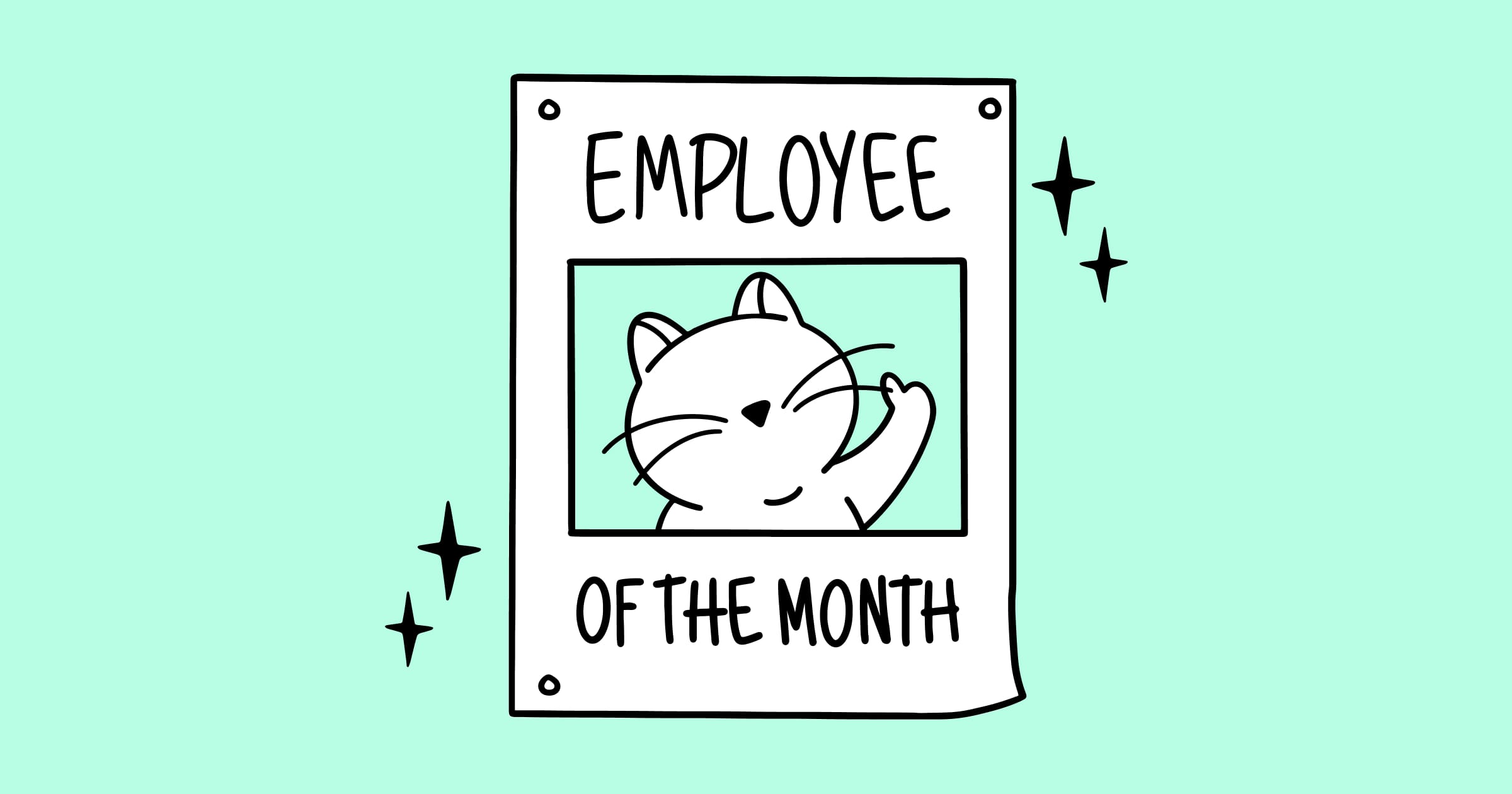January 4, 2022

The Coronavirus outbreak has entered its third year and many people are still working from home. Here’s a refresher about how to do it right.
In December 2019, when China first reported to theWorld Health Organisation that it was treating a number of unusual pneumonia cases in the city of Wuhan, no one would have guessed that the world would still be battling the virus that caused those illnesses more than two years later.
Since those early days, the virus – which was given the name Covid-19, and whose outbreak was declared a pandemic – has killed more than 5.4 million people across the world.
In the past two years, governments worldwide announced a number of unprecedented steps to combat its spread – from travel bans to border closings to compulsory quarantine for travellers from overseas and also complete lockdowns. Several companies across the world, including Google and Twitter, asked employees to work from home as part of this global effort.
In 2021, as the pandemic appeared to show signs of receding, employers tentatively called people back to offices. But the wildfire-like spread of the Omicron variant in late 2021 and early 2022 seems to have firmly upended such plans for the near future.
By now, while many of us are familiar with working from home, it may not be a bad idea to revisit how the Work-from-home experience can be improved. After all, it’s clear we are in for the long, long haul.
Not doing this is a common mistake. The urge to work out of your couch all day is quite strong. But if you succumb to temptation, your back, wrists and neck will soon make you pay. This is why you must designate a proper workspace for yourself. If you don’t have a study table or dining table to work from, you can get creative. A friend in Australia, for instance, put together a makeshift desk using two bar stools and a shelf from one of his closets.
Here’s another person who got creative with her workspace.
Seating is important. Ensure you have a comfortable chair. Your posh lounge chair might give your living room a magazine look, but it probably doesn’t give your back and arms enough support for you to work out of it eight hours a day.
Freelance editor Anne Chan learnt this the hard way. After over a decade of working out of an office space, Chan started working from home in 2016. She sat on her couch with her laptop for a few days before she realized she needed a proper workspace because of the strain on her back and wrists. She then converted one corner of a room into an office, which she furnished with a table and a height-adjustable office chair.
“I didn’t do this just for comfort,” said Chan. “I realized I needed a separate space to work in because my entire home had started feeling like an office. Now, when I’m in my study, I’m in ‘office’ and am diligently working. When I’m out of there, I’m at ‘home ‘and I can relax.”
For this reason, ideally, your office space should not be in your bedroom.
Those who remember the viral video of a kid marching into her father’s study while he was being interviewed by the BBC might want to lock doors if there is the risk of such interruptions while you are on a call with colleagues or clients.
Having said all of the above, we do acknowledge the fact that some of us simply don't have the kind of space at home that allows us to keep our personal and work space separate. Don't feel too bad about that. These are extraordinary times. It's good enough that you are working from home.
One of the biggest advantages of working from home is that you don’t have to dress up (unless you are participating in video conferences). Many people take this to mean they can work in their pajamas.
The internet is divided on this. Some say it’s best to dress for work as if you are actually going to office (Buzzfeed says you could even wear shoes at your home office – we disagree because who really wears shoes at home?) while others say showering and wearing fresh clothes does the trick for them.
Consulting strategist John Williams says sticking to an office routine – showering every day before starting work and wearing clean clothes whether track pants or casual office wear – works well for him. “Showering puts me in work mode,” he said. “I don’t really care if I wear tracks or formal wear after that. It all depends on whether I plan to go out later to work from a coffee shop or to meet a client. But, of course, I am avoiding going out at the moment.”
No one works every minute when in office, and you don’t need to do that at home either. Take regular breaks. Walk to your balcony or garden so that you get some fresh air. If you don’t have either, look out of your window. Research has shown that taking regular breaks increases productivity and creativity. It also helps you vastly improve focus.
Whatever you do, don’t eat lunch in front of your computer and certainly don’t eat lunch while scrolling down your phone, catching up on all the depressing Coronavirus news from across the world. In fact, now may be the best time for you to learn to eat mindfully – when you truly pay attention to the food that you eat instead of shovelling it down your throat robotically. A mindful lunch break will help you be more focused when you resume work.
It’s important to keep to a routine. If you follow the 9-5 routine in office, stick to that while working from home. Work might spill over sometimes, but ensure it remains the aberration, not the norm.
Chan says she was often tempted to carry on working much after her workday ended but avoids doing that now after realizing the negative impact it was having on her well-being. “I’m the type of person who likes to finish all pending work no matter what the deadline but I soon realized I was often working late into the night trying to finish things,” she said. “This means I didn’t get time to cook, relax or exercise. I was eating takeaways and didn’t get much exercise, which wasn’t good for my overall well-being.”
Since many people are now self-quarantining and are unlikely to have after-work plans (and if you do please cancel them) do remember that it doesn’t mean that you keep working until it’s time for bed.
Log out of work at the designated time, shut down your computer and clear your desk at the end of your workday. Then go outdoors if you can (garden/balcony), read a book, complete household chores, walk your dog, watch TV, cook, play with your kids or talk to your partner. All this will go a long way in keeping you physically and mentally fit while you and the world rides out the Coronavirus pandemic.
In normal times, experts advise people who live on their own and work from home to keep in touch with colleagues, go to the gym or meet friends after work so that they do not feel isolated. But these are not normal times.
Now, unless you are an introvert, the prospect of not meeting colleagues and friends indefinitely because of Coronavirus-related concerns is probably horrifying to you. You might also be concerned about how friends, parents and grandparents are doing and want to check in on them. The best thing you can do for now, however, is to stay away and catch up with them by calling or texting them.
A range of apps allows us to do exactly this. For colleagues and clients you have Slack, Skype, Zoom or Google Meet, for family and friends you have WhatsApp, Signal or Facetime.
Connecting with people has several benefits. Being in touch with colleagues, for instance, keeps you connected to work and is great for team cohesion and productivity. Getting in touch with family and friends will help you build a virtual community of support – and don’t we all need it right now? At the moment, many of us are overwhelmed by the news of the emergence of the Omicron and other variants others are simply tired of being in high-alert mode for the past two years.
If family or friends are anxious, talk them through it. Tell them to get their Covid guidance from reliable sources like the WHO or local government sources and NOT WhatsApp forwards! (We can’t believe that still needs to be spelled out).
There have been reports of baby boomer parents resisting staying at home, with their children reading them the riot act in a role reversal of sorts. Reiterate to friends and family that we must all contribute to stopping Covid-19 and reducing the stress on hospitals worldwide by flattening the curve, and that means self-isolating.
All in all, don’t stress. Do remember, we are all in it together.

Subscribe to our newsletter to receive MuchSkills insights directly in your inbox. Don't worry we will respect your inbox

A practical look at how skills visibility, fair evaluation, and growth-focused conversations reshape the employee experience.

By revealing hidden talent and optimising workforce deployment, skills visibility democratises opportunities and boosts employee engagement and retention.
